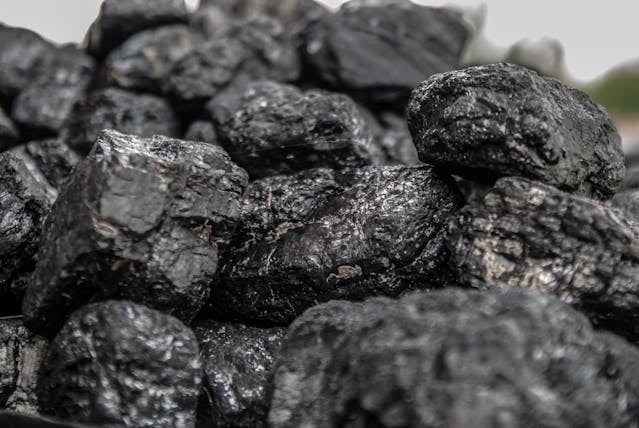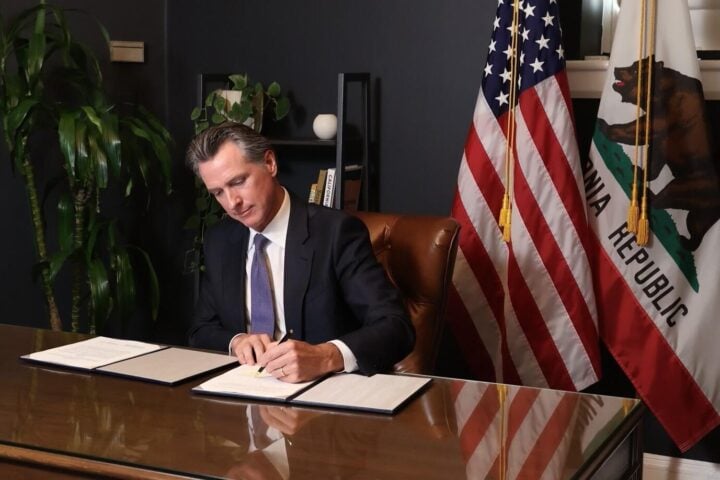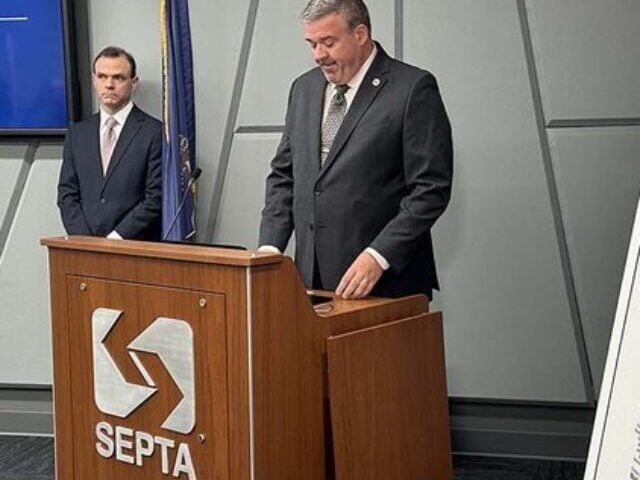On February 12, 2021, Governor Newsom signed an executive order authorizing the modification of state requirements that govern the quantity of water flowing from the Sacramento-San Joaquin Delta into the San Francisco Bay. While some are of the view that this change could be a significant shift in priorities for California’s water management, others argue that it could harm endangered species, such as the Chinook salmon and Delta smelt.
The State Water Resources Control Board has been tasked with considering this modification to ensure there is enough water supply for the health, safety, environment, and drought-resilient water supplies. Governor Newsom has ordered the suspension of Water Code Section 13247 and Public Resources Code, Division 13 and its regulations to enable the Water Board to modify reservoir releases or diversion limitations in State Water Project facilities or Central Valley Project. The order would allow for more water to be stored in Lake Shasta, Lake Oroville, and San Luis Reservoir in the San Joaquin Valley.
After the floods that hit the San Francisco Bay area, several farm groups, Central Valley legislators, and urban water providers had asked state officials to store more water in reservoirs to increase the supply to farmers and residents in the southern part of the state. Governor Newsom hopes that storing more water will help “maintain critical flows for fish and wildlife” and prevent warmer water levels during the summer months that may be lethal to salmon when they spawn. But environmental activists are concerned that the modification will damage the habitats of Chinook salmon and Delta smelt.
Doug Obegi, a water law attorney with the Natural Resources Defense Council, believes that this is a breakdown of law and order in the Delta. He argues that the state has been waiving flow rules and water export restrictions in critically dry years since 2012, and now, these standards are being waived even in average years. Obegi says that this executive order sends the wrong message and may lead to extinction in the Delta.
On the other hand, some farmers like Sarah Woolf believe that the order provides flexibility to better manage water supplies. Her family has fallowed around half of their land in the past few years due to a lack of allocation of Delta water. Randy Fiorini, a Merced County farmer, says that farmers and other water users have been deprived of water to protect environmental resources, and the order will tip the balance in their favor.
Jon Rosenfield, Science Director of the San Francisco Baykeeper, believes that changing the rules is “like having a speed limit in a school zone except when you’re in a hurry,” and Governor Newsom is encouraging the board to waive environmental standards. He adds that this could lead to a violation of water quality standards, and it could be eviscerated in the absence of environmental laws.
- Aldi Pork Carnitas Alert: FSIS Warns of Metal Contamination in 16-Ounce Packages with June-July Use Dates
- Protected: Weekly Mailer Task
- GP Registration Online Now At 98.4% Of Practices As 3.8 Million Sign Ups Signal NHS Digital Shift
- Protected: Update the social media status in Content Calendar
- Colchester Zoo Sea Lion Atlanta Dies Suddenly After 21 Years—What Vets Couldn’t Confirm
Governor Newsom’s executive order is a significant step towards balancing the interests of various stakeholders in California’s water management. While some argue that the modification could harm endangered species, others believe that it provides the necessary flexibility to better manage water supplies. The State Water Resources Control Board has yet to decide whether to implement this modification, but their decision will come within a week. Regardless of the decision, this issue highlights the ongoing debate on how to balance water management and environmental concerns in California.
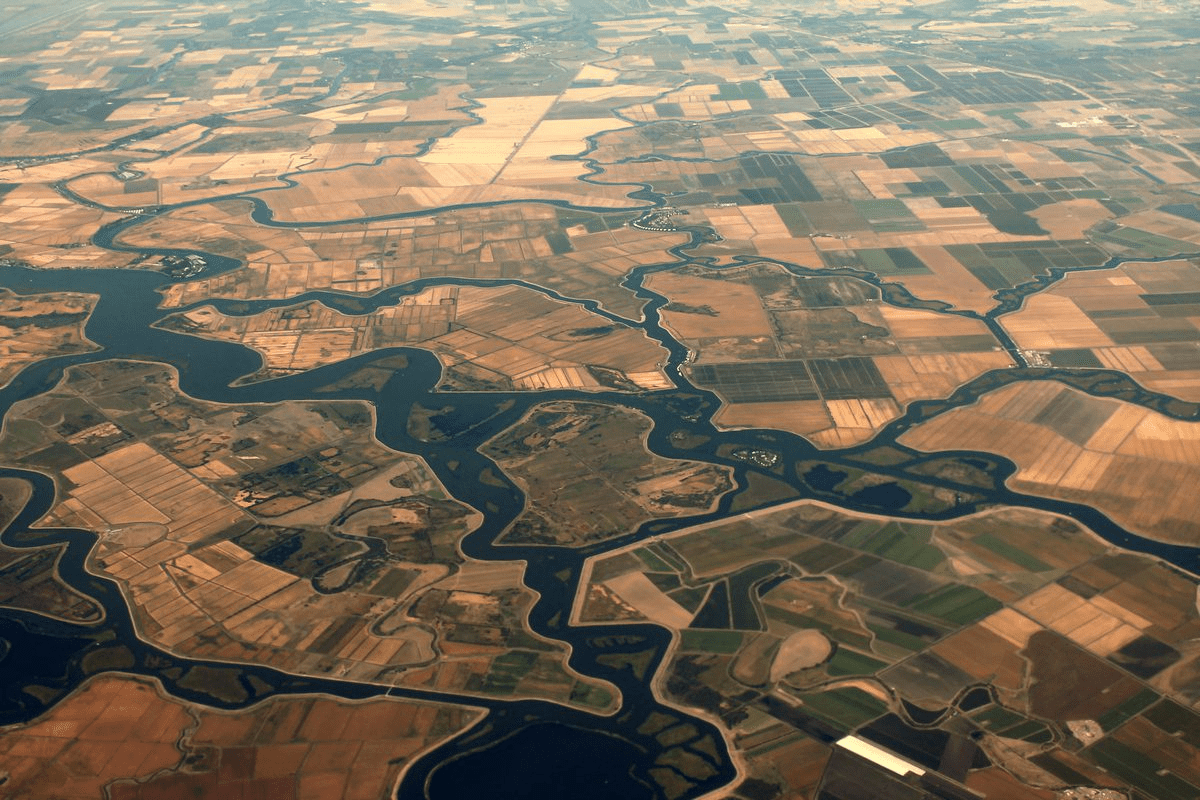





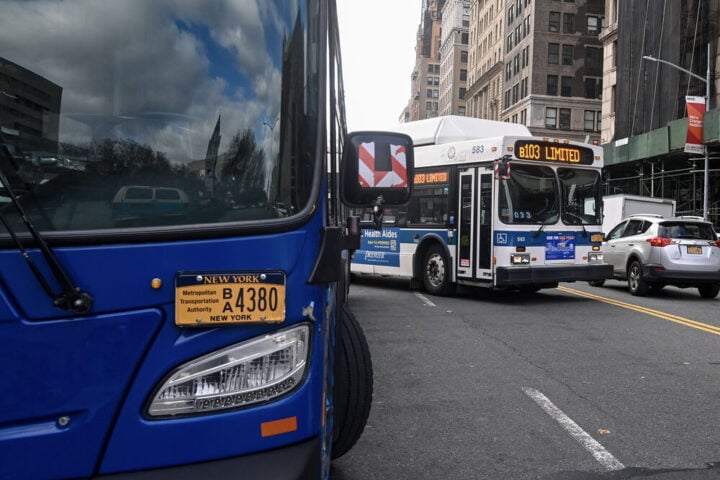

![Google satellite view of 1112 Stanley road in Augusta [Google Earth]](https://www.karmactive.com/wp-content/uploads/2025/04/Augusta-National-Spent-200M-on-270-Acres-but-One-338000-Home-Still-Stands-on-Stanley-Road-720x360.png)


